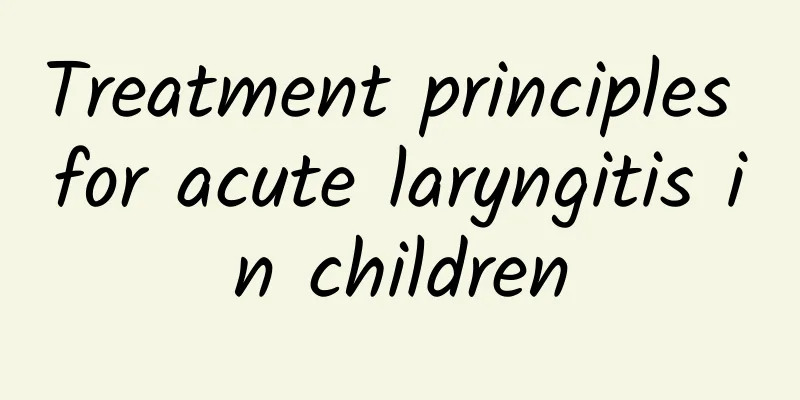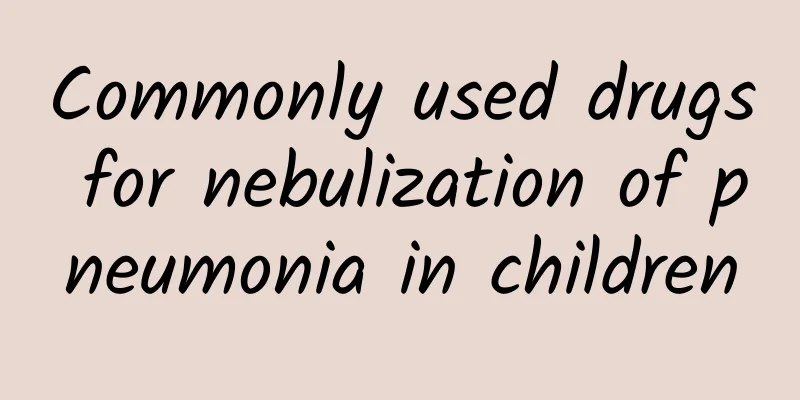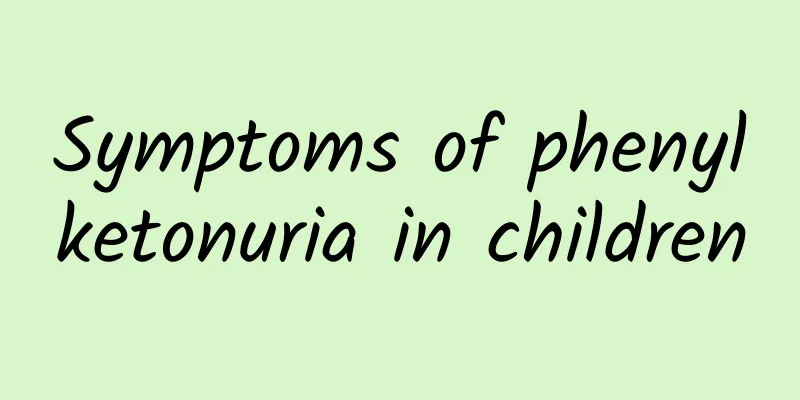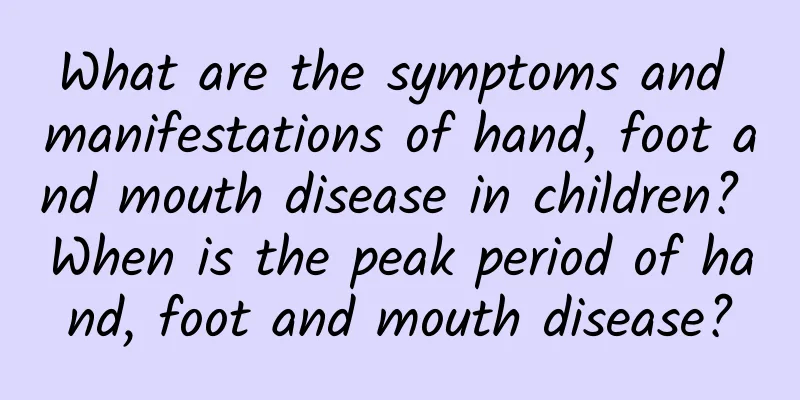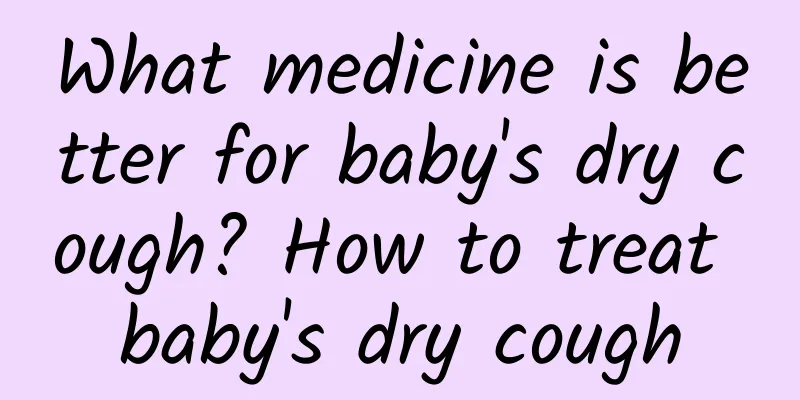What is the cause of recurrent neonatal jaundice?

|
Recurrent neonatal jaundice may be related to a variety of factors such as disease, genetics and environment. Common causes include breast milk jaundice, delayed absorption of physiological jaundice and pathological jaundice (such as hemolysis, infection, etc.). If jaundice persists or recurs, you should seek medical attention in time to identify the cause and receive targeted treatment. 1) Genetic factors: familial hereditary diseases Recurrent jaundice in some newborns may be related to genetic diseases, such as hereditary hemolytic anemia or glucose-6-phosphate dehydrogenase (G6PD) deficiency. G6PD deficiency causes red blood cells to rupture easily, thus causing hemolytic jaundice. For jaundice caused by genetic factors, prevent exposure to pathogenic factors (such as certain drugs or broad beans) and supplement with appropriate amounts of folic acid, or receive exchange transfusion therapy according to the doctor's advice. At the same time, genetic screening is required to assess the child's risk of other related diseases. 2) Environmental factors: breast milk jaundice or improper care Some newborns may develop breast milk jaundice, which is caused by certain components in breast milk that hinder bilirubin metabolism and lead to prolonged jaundice. Breast milk jaundice usually has limited health effects, but a confirmed diagnosis is needed to rule out pathological causes. Proper care, such as ensuring that newborns have adequate daily breast milk intake and ensuring optimal bowel movement frequency (2-3 times/day), can speed up the excretion of bilirubin. During the nursing process, direct ultraviolet exposure should be minimized, and phototherapy should be used to help resolve jaundice when necessary. 3) Physiological factors: Neonatal metabolism is not fully mature The recurrence of some physiological jaundice may be related to the poor liver metabolism capacity of newborns, especially in premature infants. At this time, we should pay attention to the changes in the child's jaundice index and conduct regular follow-up examinations. For some infants, bilirubin excretion can be promoted by increasing the frequency of feeding and the amount of water they drink. In severe cases, phototherapy intervention can be performed to promote the conversion of free bilirubin in the body into soluble forms for excretion, and quickly reduce serum bilirubin concentrations. 4) Pathological factors: hemolysis, infection or biliary disease Pathological jaundice refers to high bilirubin levels or abnormal metabolism caused by disease. Neonatal hemolytic diseases such as ABO hemolytic disease can cause jaundice due to increased destruction of red blood cells due to incompatibility of maternal and fetal blood types. Infectious diseases such as sepsis may also interfere with liver metabolism and cause recurrent jaundice. Biliary obstruction or cholangitis may lead to obstruction of bilirubin excretion. Pathological jaundice usually has severe symptoms and requires a comprehensive diagnosis through blood tests and B-ultrasound. Treatment may include blood transfusion, anti-infective drugs or surgical treatment. If your baby is depressed, eats less, or even vomits due to jaundice, you should go to the pediatric department immediately. Jaundice is a common health problem for newborns, but repeated attacks need to be taken seriously and the cause identified. Scientific intervention is an important guarantee for the baby's health. |
<<: What are the symptoms of neonatal hepatic jaundice?
>>: What medicine is good for children with bacterial tracheitis and cough?
Recommend
How much does it cost to treat acute laryngitis in children?
The phenomenon of acute laryngitis in children is...
What is the best food for babies with indigestion? Is grinding teeth when sleeping a sign of poor digestion?
Indigestion is a condition that many of us will e...
Adverse effects of pneumonia in children
Nowadays, most young men and women lack experienc...
What causes body coldness?
Feeling cold may be the result of many factors. W...
Are baby colds contagious? What are the ways in which baby colds are contagious?
Baby cold is a common disease in infants and youn...
What medicine is good for breast milk diarrhea
What medicine is good for breast milk diarrhea? T...
Drugs for treating diarrhea in children
In daily life, diarrhea in children is quite comm...
What are the external medicines for pediatric eczema?
Eczema is a common allergic skin disease in our l...
What are the symptoms of jaundice in infants and young children?
The main symptoms of jaundice in infants and youn...
What are the symptoms of cold in children
Symptoms of a cold in children include runny nose...
Prevention and treatment of Kawasaki disease should not be taken lightly
Have you heard of Kawasaki disease? In fact, this...
What is the effect of the oral liquid for pediatric lung heat, cough and asthma? What are the ingredients of the oral liquid for pediatric lung heat, cough and asthma?
One of the effects of the oral liquid for treatin...
What are the dangers and seriousness of high jaundice in infants and young children?
Infants and young children with significant jaund...
What to do if your 2-month-old baby coughs
When your baby starts to cough, you must keep him...
What are the various diagnostic methods for breast milk diarrhea?
What are the various diagnostic methods for breas...

